As winter’s chill sets in, solar garden lights can transform any outdoor area into a captivating winter wonderland. This post explains the science behind how these lights generate energy even in low-light conditions. It also offers tips for optimizing the performance of solar garden lights in winter and extending battery life. For concerns about solar lights failing in cold weather, rest assured, practical solutions are at hand. So, let’s explore how solar garden lights can brighten winter nights and enhance outdoor decor.
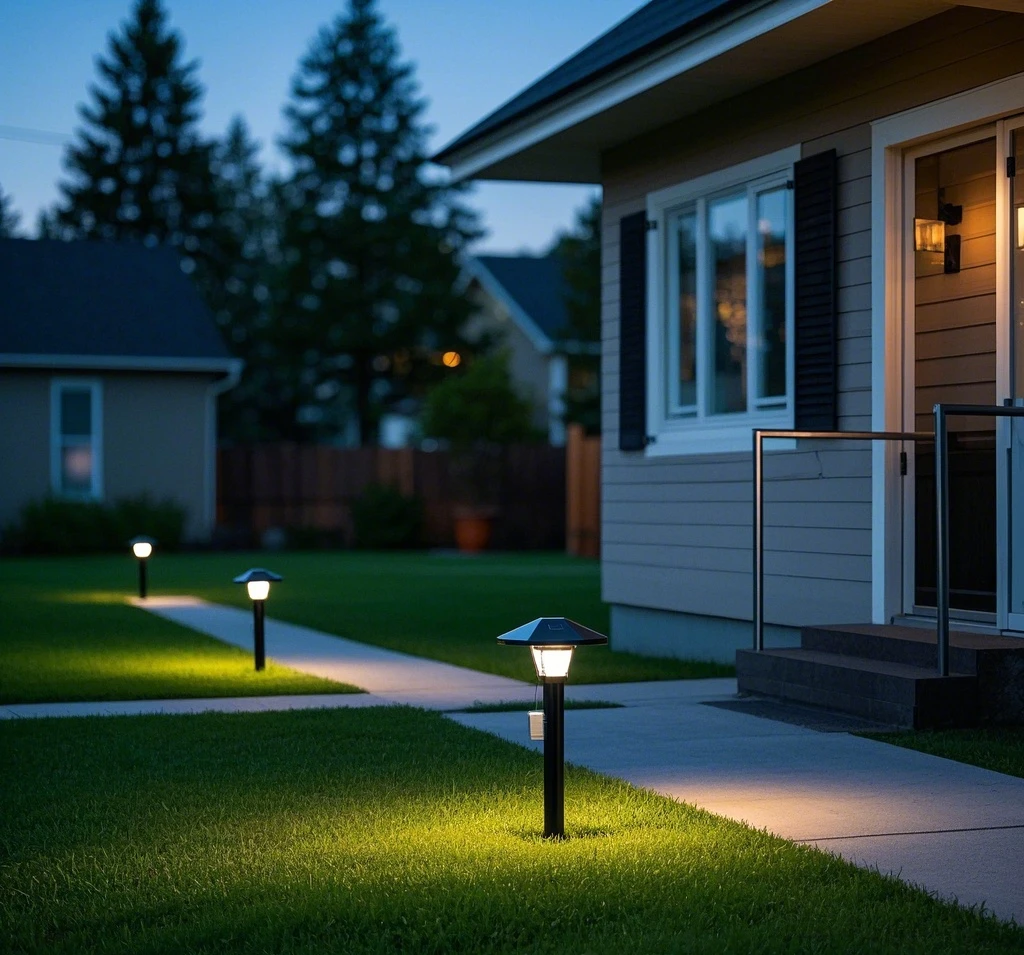
The Science Behind Solar Garden Lights
Many believe solar garden lights don’t work in winter due to less available sunlight. However, solar panels can generate power from any type of light, including diffuse or indirect light present on cloudy or overcast days. In fact, certain types of solar panels perform better at lower temperatures than in hot, sunny weather. The key to maximizing solar garden light performance in winter is ensuring the panels capture as much sunlight as possible, even with shorter days and weaker sunlight.
Optimizing Solar Light Performance in Winter
Understanding the science behind solar garden lights is the first step. The next critical aspect is learning how to optimize their performance during winter. Here are some practical tips to ensure your solar garden lights continue to illuminate outdoor spaces, even on the coldest winter nights:
- Maximize Sunlight Exposure: Place solar garden lights in areas that receive the most sunlight during the day. This allows them to absorb enough energy for nighttime use. Ensure panels are angled toward the sun to capture maximum light.
- Regular Cleaning: Dust and snow can cover solar panels, reducing efficiency. Regular cleaning ensures they absorb sunlight effectively.
- Timely Replacement: Solar lights have a lifespan. Replace underperforming old lights with new ones to maintain optimal illumination.
- Use Light Reflectors: These can help increase sunlight to solar lights by reflecting light onto the desired area.
Extending Battery Life for Winter Solar Lights
Extending the battery life of solar garden lights in winter is about making them last longer. It’s about ensuring the lights are available when needed most. Consider using solar garden lights with motion sensors. These sensors keep them lit only when necessary. Using energy-efficient LED chips can also reduce power consumption, thereby extending battery life. Alternatively, consider larger or higher-wattage solar panels for faster, more efficient charging. By implementing these strategies, solar garden lights can not only last longer but also provide illumination when needed.
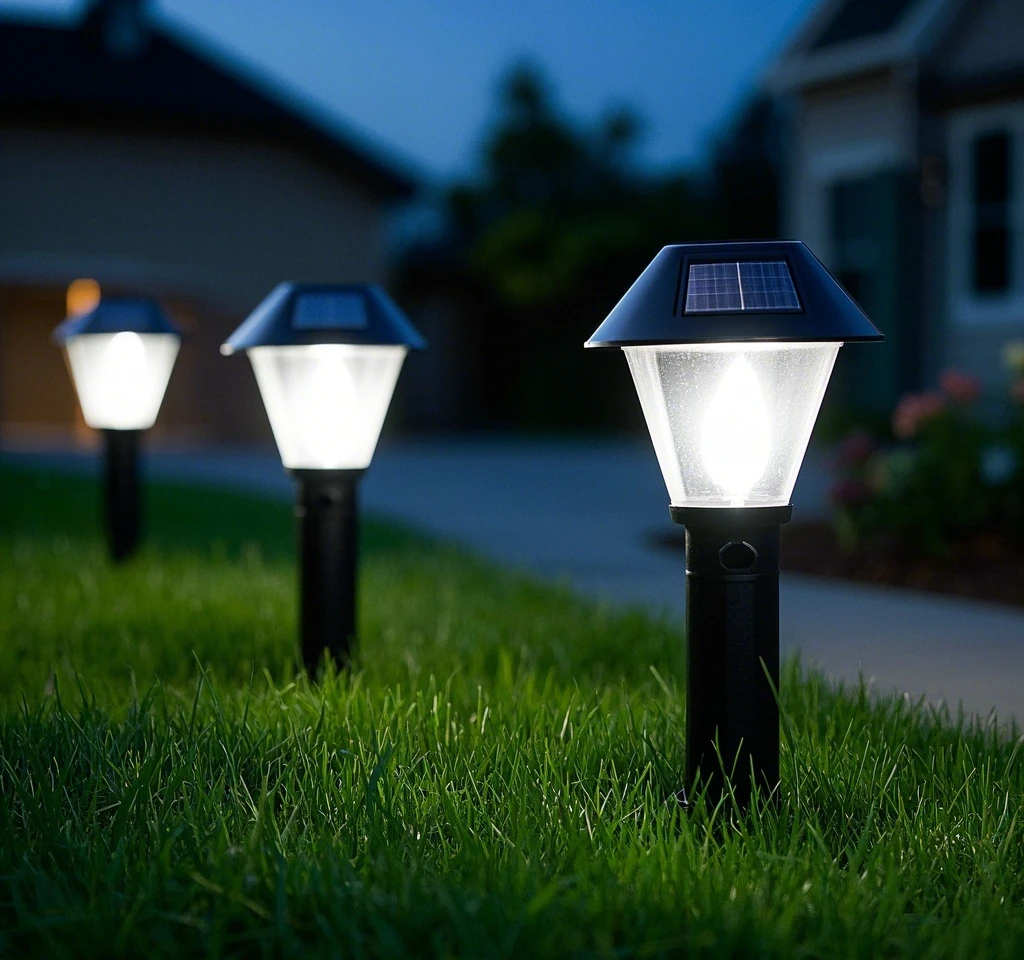
Troubleshooting Solar Light Failures in Cold Weather
If solar garden lights fail in cold weather, there are several potential causes. First, the battery may be low or damaged due to the cold. In this case, try moving the lights to a sunnier location or replacing the battery with a new one.
Second, the light sensor may be malfunctioning or blocked by debris, preventing the light from turning on at night. To address this, clean the sensor with a soft cloth or adjust its sensitivity settings (if possible).
These are some common causes and solutions for solar garden light failures in cold weather. By following these measures, you can ensure the lights function optimally year-round, enhancing your garden’s beauty.
Choosing Solar Lights for Winter
Choosing solar lights suitable for winter use is critical. Consider the following factors when selecting solar garden lights for winter:
- Opt for High-Capacity, High-Quality Batteries: In winter, shorter days and weaker sunlight mean less energy is available for batteries. High-capacity, high-quality batteries ensure sufficient power to keep solar lights on all night.
- Focus on Efficient Solar Panels: Look for solar garden lights with monocrystalline or polycrystalline solar panels. These offer higher conversion rates and longer lifespans compared to amorphous or thin-film panels.
- Choose Energy-Efficient LED Chips: Solar garden lights with energy-efficient LED chips reduce power consumption, extending runtime.
- Select Designs That Match Your Garden: The style and design of solar garden lights should complement your garden’s aesthetic. Regardless of the choice, ensure they are waterproof, dustproof, rustproof, and come with at least a one-year warranty.
Brightening Winter with Solar Lights
Solar garden lights are a fantastic way to decorate outdoor spaces during winter nights. They not only bring cozy, warm light to gardens or patios but also serve as an affordable, eco-friendly lighting alternative. Plus, with many styles and designs available, there’s a solar garden light to match any outdoor decor. From sleek modern to rustic charm, there’s a solar garden light for every style preference. So, if you need a simple, effective solution to brighten winter nights, solar garden lights are the perfect choice.
Summary
In conclusion, the myth that solar garden lights don’t work in winter has been debunked. With proper care and maintenance, these and other low-cost lighting options can perform well even in cold temperatures. At Bitpott, we offer high-quality, durable solar garden lights designed for winter conditions. To learn more or explore our product range, contact us today. Let’s brighten your winter nights together.



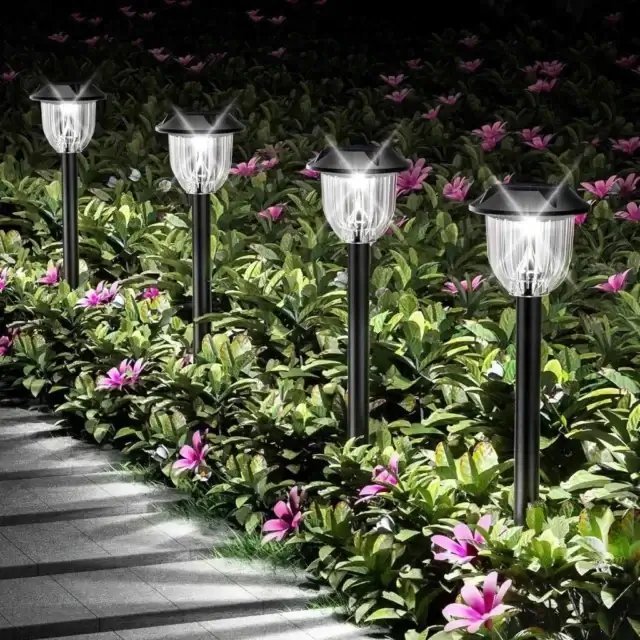
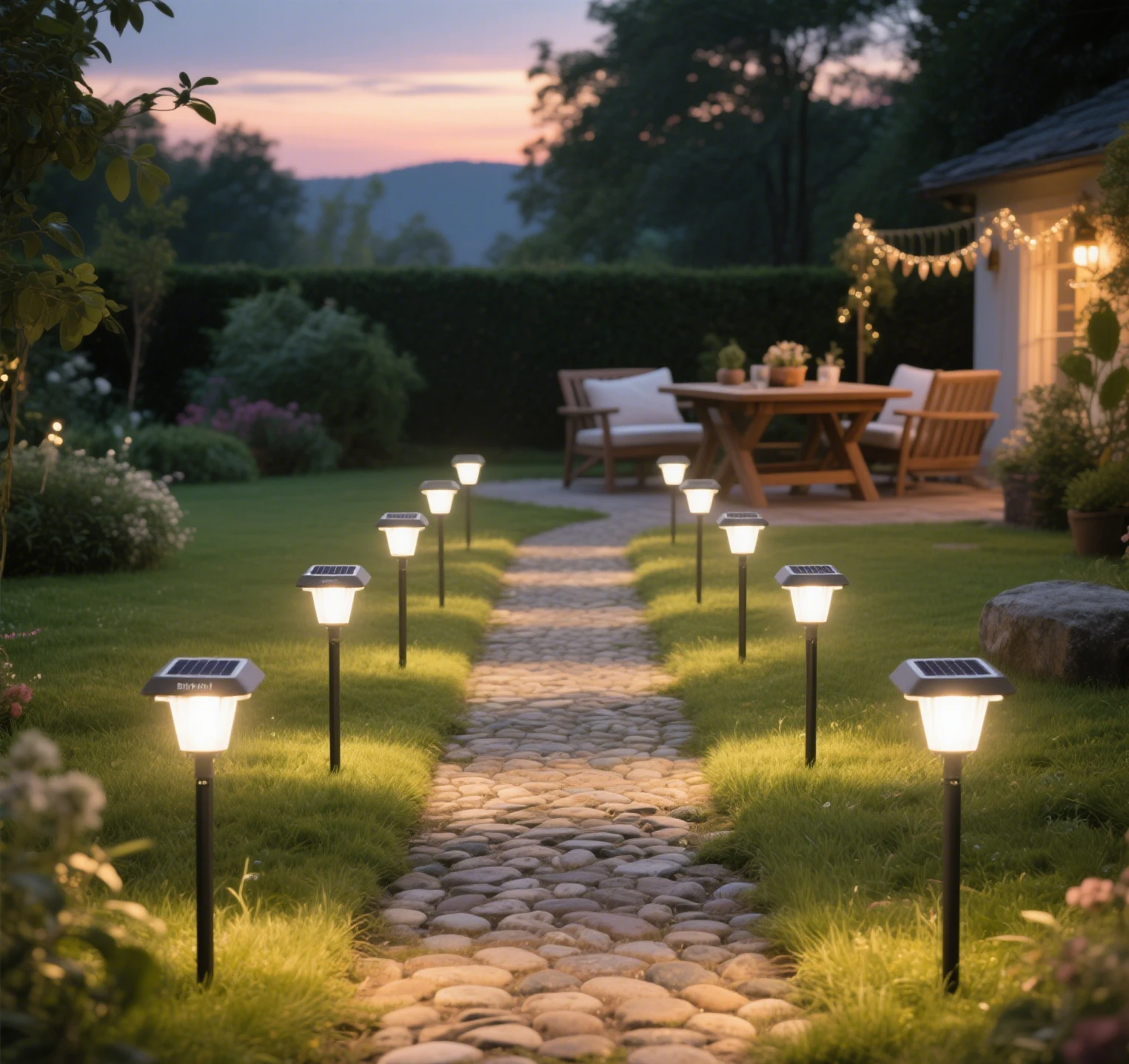
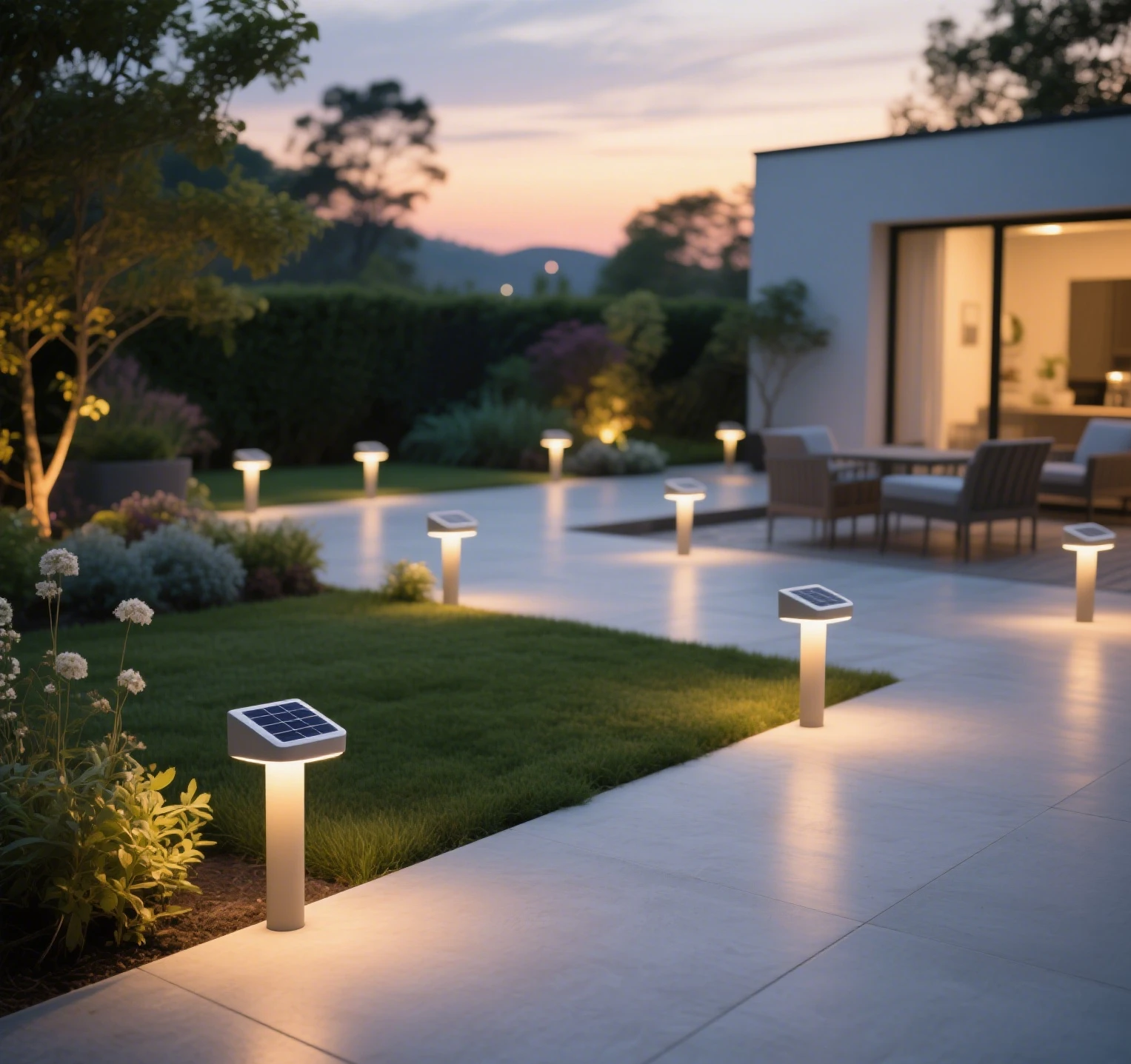
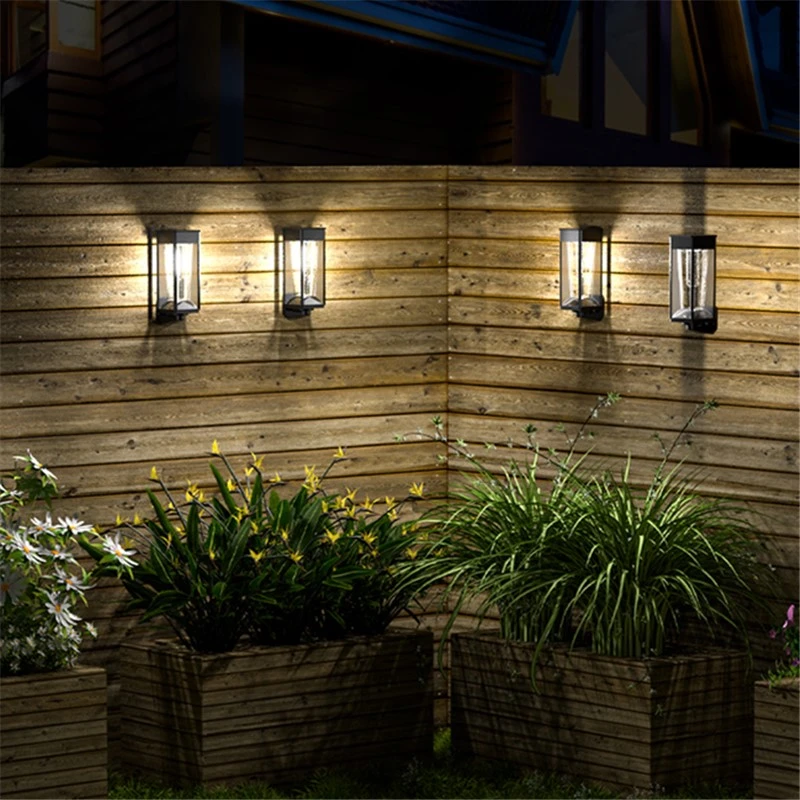
Leave a Reply